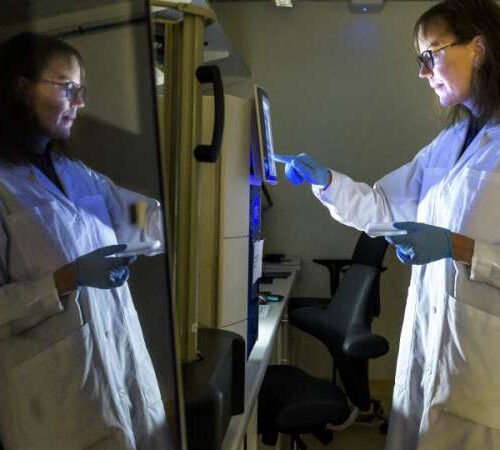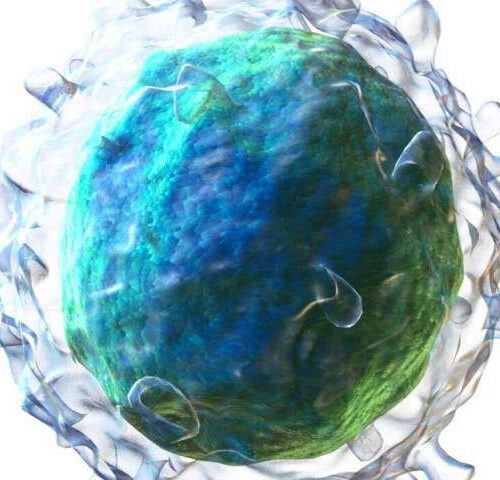UNIVERSITY OF TURKU Children who develop type 1 diabetes show epigenetic changes in the cells of their immune system already before the antibodies of the disease are detected in their blood. The findings of two new studies offer new opportunities to identify the children with the genetic risk for developing diabetes very early on. Epigenetic...
Tag: <span>epigenetic changes</span>
Study of twins finds type 2 diabetes clues in epigenetic changes
by Lund University Researcher Emma Nilsson has analysed microRNA in fat biopsies from identical twins with and without type 2 diabetes. Credit: Kennet Ruona Identical twins share the same DNA, but one twin can suffer from type 2 diabetes while the other twin does not develop the disease. A study led by Lund University in Sweden...
Epigenetic changes drive the fate of a B cell
by Massachusetts General Hospital 3D rendering of a B cell. Credit: Blausen.com staff (2014). “Medical gallery of Blausen Medical 2014”. WikiJournal of Medicine 1 (2). DOI:10.15347/wjm/2014.010. ISSN 2002-4436. CC BY-SA 4.0 B cells are the immune cells responsible for creating antibodies, and most B cells, known as B2 cells, produce antibodies in response to a pathogen...
Study: Memory deficits resulting from epigenetic changes in Alzheimer’s disease can be reversed
Memory loss associated with Alzheimer’s disease (AD) may be able to be restored by inhibiting certain enzymes involved in abnormal gene transcription, according to a preclinical study by researchers at the University at Buffalo. The findings could pave the way toward new treatments for Alzheimer’s disease. The paper will be published in Science Advances. Image credit: University...
Alzheimer’s disease: It may be possible to restore memory function, preclinical study finds
Research published today in the journal Brain reveals a new approach to Alzheimer’s disease (AD) that may eventually make it possible to reverse memory loss, a hallmark of the disease in its late stages. Yan and her team used an epigenetic approach to restore memory function in an animal model of Alzheimer’s Disease Credit: Douglas...



